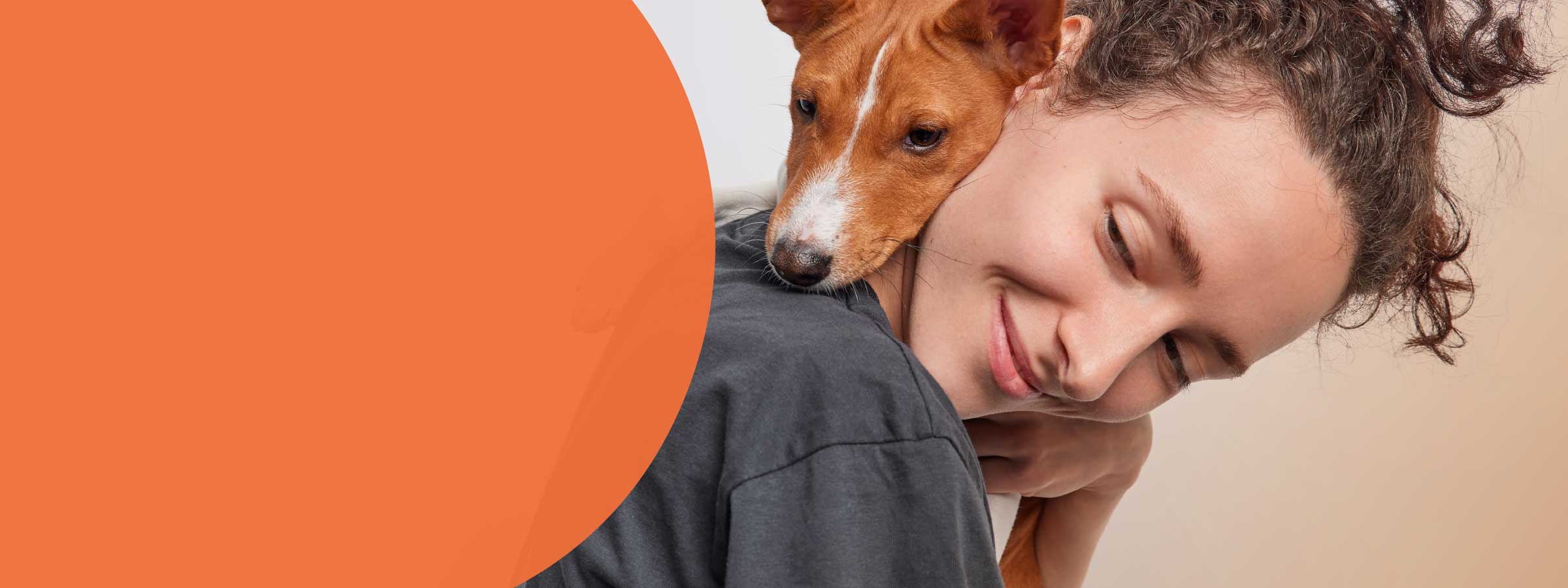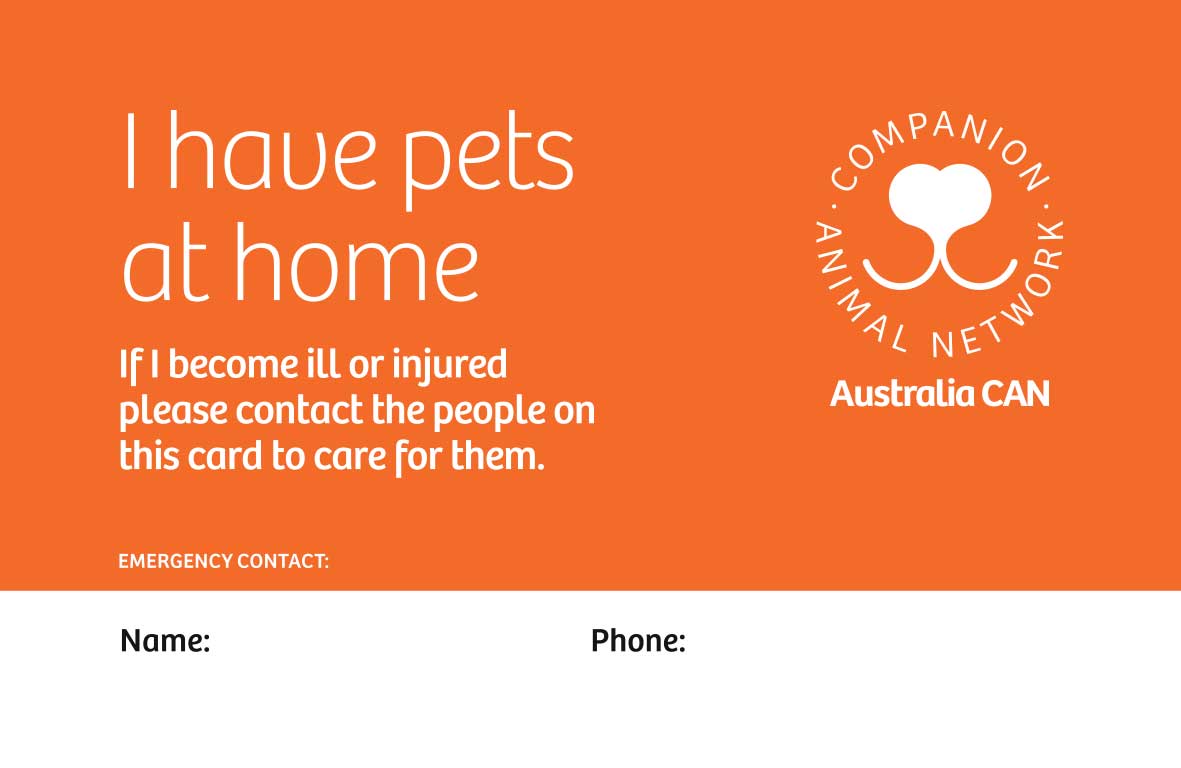
Essential guide to responsible pet ownership
Being a responsible pet owner involves a commitment to the well-being and happiness of your pet for life. Here are some essential tips to help you be a responsible pet owner:
Research and Choose Wisely
Before getting a pet, research different breeds or species (birds, rabbits, reptiles) to find one that matches your lifestyle and preferences. Consider adopting from a shelter or rescue organisation.
The Cost of Pet Ownership
Pets can significantly enrich your life, but they also require a long-term commitment and entail a considerable financial cost to your family with expenses, such as food, grooming and veterinary care.
More Information
More Information
Provide Proper Nutrition
Feed your pet a balanced and appropriate diet based on their age, size and individual health needs. Always ensure access to fresh and clean water.
Regular Veterinary Care
Schedule regular check-ups with a veterinarian for vaccinations, preventive care and overall health assessments and advice. Addressing any health concerns promptly will help to avoid any problems escalating.
Exercise and Mental Stimulation
Provide regular exercise to keep your pet physically fit. Engage in activities that stimulate their mind, such as puzzle toys and interactive play.
Proper Identification
Ensure your pet has proper identification, such as a collar with an ID tag and a microchip with up-to-date contact information in the event your pet gets lost.
Grooming
Regular grooming is essential for the health and comfort of your pet. This includes brushing, nail trimming and dental care.
Clean and Safe Environment
Maintain a clean, safe and suitable living environment for your pet. Remove potential hazards, such as foods and plants that are poisonous to pets and keep toxic substances (eg cleaning products) out of reach.
Socialisation
Socialise your pet with people, other animals and various environments, such as busy streets and parks. Consider training classes to build a strong bond with your pet and reinforce positive behaviour.
Time and Attention
It’s important for your pet’s health and wellbeing to give them your time, energy and attention. Spend quality time playing, exercising and simply being with your pet.
Emergency Preparedness
Have a plan in place for emergencies, including natural disasters or unexpected health issues, and familiarise yourself with the location of the nearest 24-hour veterinary emergency clinic. More information
Consider having a backup person to look after your pet should something happen to you or enquire with your nearest CANA member about emergency boarding.
Carry a ‘Pet Home Alone Emergency Card’ to make people aware you have a pet at home should anything happen to you.

Download a Printable PDF of a Pet Home Alone Emergency Card
Follow Local Regulations
Pet ownership laws vary from state to state, so always check with your local vet or council and comply with regulations, including licensing, leash laws and where pets are allowed. Also consider your environment and pick up after your dog when you are out and about.
Desexing and Responsible Breeding
Desexing your pet prevents unwanted pregnancies and has many health benefits. If you decide to breed your pet, do so responsibly and ethically, with consideration of the well-being of the animals and avoid contributing to overpopulation.



